Sustaining customer satisfaction can be a challenge. However, there are several ways to improve your sales and customer satisfaction at the same time. Improving your sales negotiation skills is one of them. It is an overlooked low hanging fruit route to making a positive impact on your customer relations.
Through sales negotiation training, you can learn how to identify your customer’s needs better. Understanding your customer helps the salesperson to offer better services. By improving your customer relations, you may be able to attract and retain more customers in the long run.
While negotiations can go in a seemingly infinite number of directions, salespeople with the following sales negotiation skills will be well-equipped to roll with the punches.
Speaking after the customer has completed:
You've presented the terms of the deal, and the prospect would like to negotiate them, so let them start the conversation. In the spirit of being accommodating, salespeople are often tempted to offer a discount or an adjustment before the prospect even speaks a word. But you don't know what they're going to say! Just as in other areas of sales, it pays to listen first, and then speak.
Don’t give a range:
If the customer would like money knocked off your product's price tag, don't say, "Well, I could probably reduce the cost by 15 or 20%." Who would accept 15% when 20% has been offered? Always quote one specific number or figure and then go higher or lower as necessary. The word "between" should be avoided at all costs.
Don't commit anything until the conversation is over:
Negotiations can swing back and forth and around again. Many ideas will be proposed, and while some will be accepted, others will be straight out rejected. A salesperson would be wise not to revise the contract until the meeting has ended, and all parties have verbally agreed to the terms.
Negotiate with the decision maker:
Nothing is more disheartening than settling on a deal with someone, only to find out they don’t have the final say in the decision-making process. Help your salespeople reduce the odds of this happening by coaching them how to identify and reach decision makers early in the sales process.
Build a relationship:
Buyers are far less likely to play “tough” when they’re negotiating with someone they see as a trusted partner. Sales representatives should establish trust and understand customer’s feelings early in the sales process to reduce negotiation friction later.
These may be just a few sales negotiation tips every salesperson must work on. In case you want to understand about the different sales negotiation strategies, kindly attend this fantastic event happening on Friday, 9th July. You can register for the same here.













